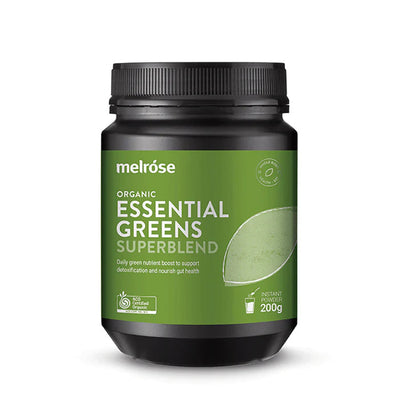Osteoporosis how to limit its effects!
There is no doubt Calcium is king in relation to bone health & denisty.

Calcium is a key nutrient that many of us overlook in our diets. Almost every cell in the body uses calcium in some way, including the nervous system, muscles, and heart. Your body uses calcium to build healthy bones and teeth, keep them strong as you age, send messages through the nervous system, help your blood clot, your muscles contract, and regulate the heart’s rhythm.
If you don’t get enough calcium in your diet, your body will take it from your bones to ensure normal cell function, which can lead to weakened bones or osteoporosis. Calcium deficiency can contribute to mood problems such as irritability, anxiety, depression, and difficulty sleeping.

Despite these vital functions, many of us are confused about calcium and how to best protect our bones and overall health. How much calcium should you get? Where should you get it? And what’s the deal with vitamin D, magnesium, and other nutrients that help calcium do its job? This confusion means that many of us are not getting the recommended daily amount of calcium and approximately one in two women (and about one in four men) over the age of 50 will break a bone due to osteoporosis.

So what are the ways to avoid this weakness and how can we improve our health/lifetsyle & diet to avoid this.

As you can see for the above banner, health is key and climbing stairs going for a jog or walk and doing resistence and strength work is key for bone denisty. quitting smoking and avoiding excessive alcohol is also a key variable in your overall health and your bone health. Increased Vitamin D and calcium intake are also key features in helping you grow you overall bone health and to avoid osteporosis.
Calcium intake is genreally recommended to be supplemented with Vitamin D as that results in a higher uptake of calcium. Excess calcium is generally excreeted through the gastro intestional tract.










Leave a comment